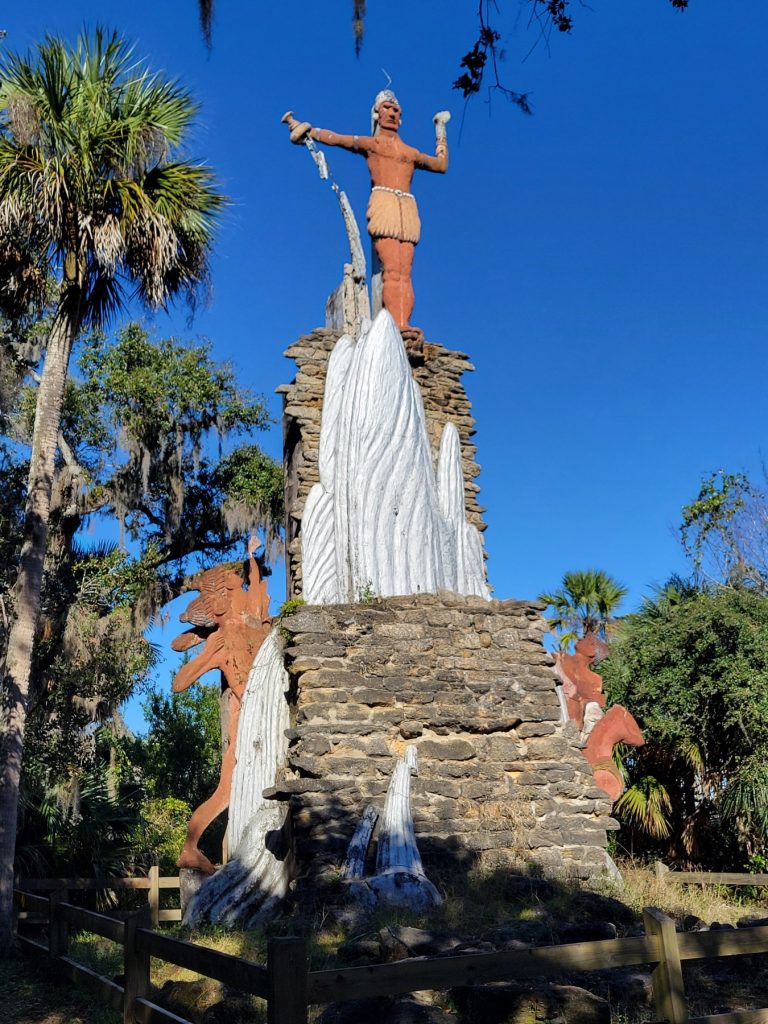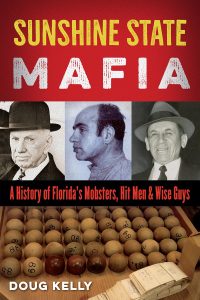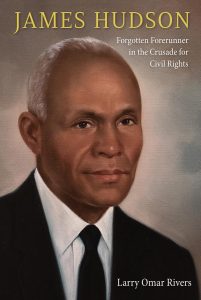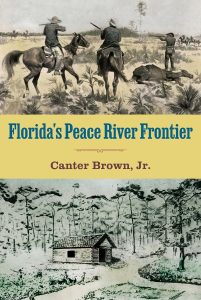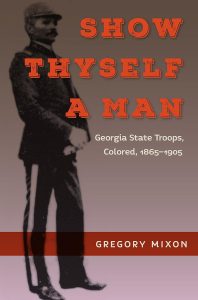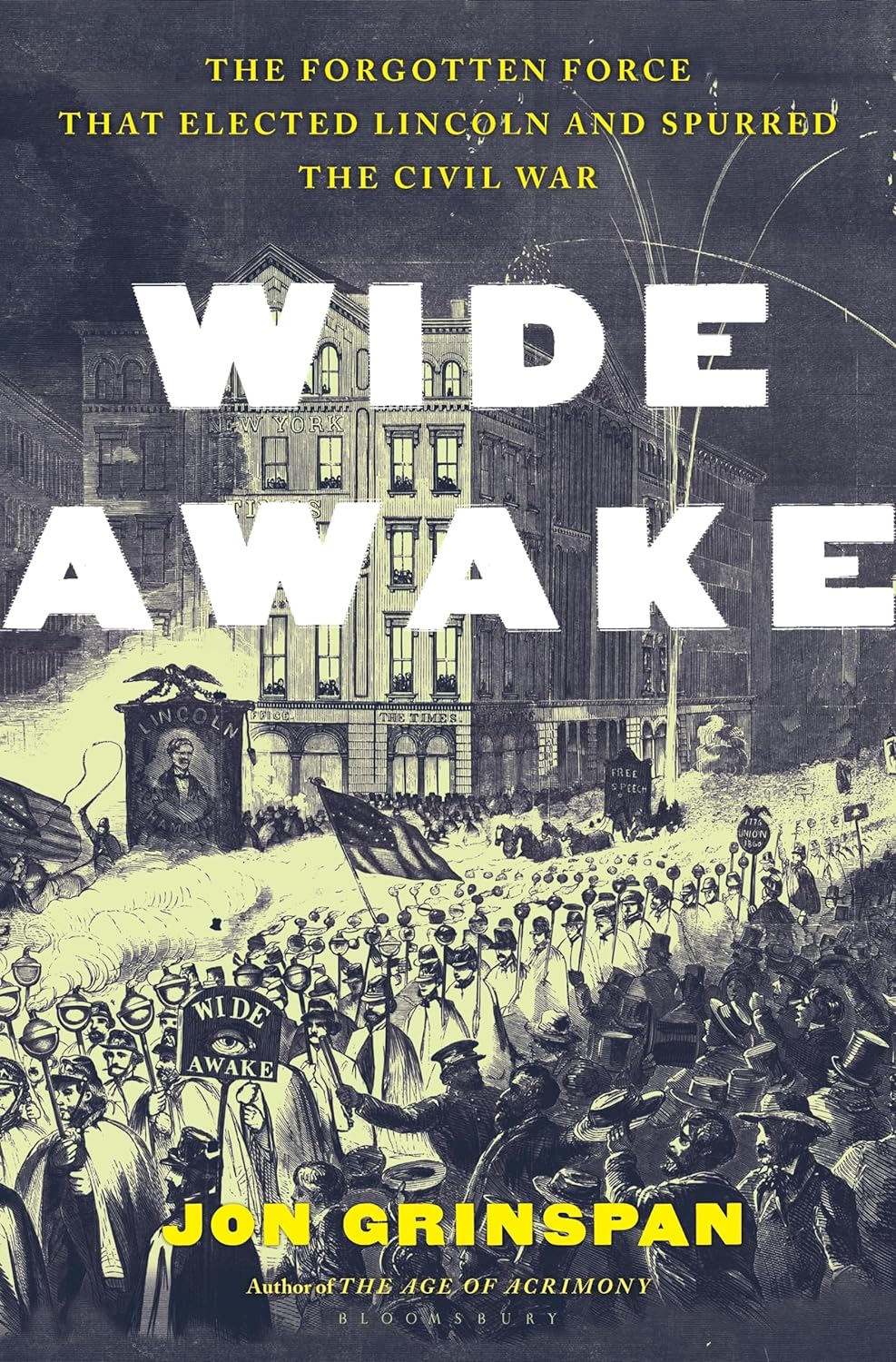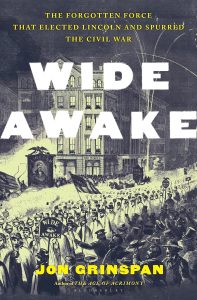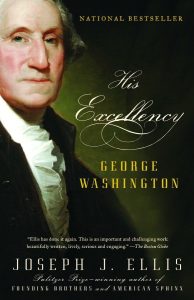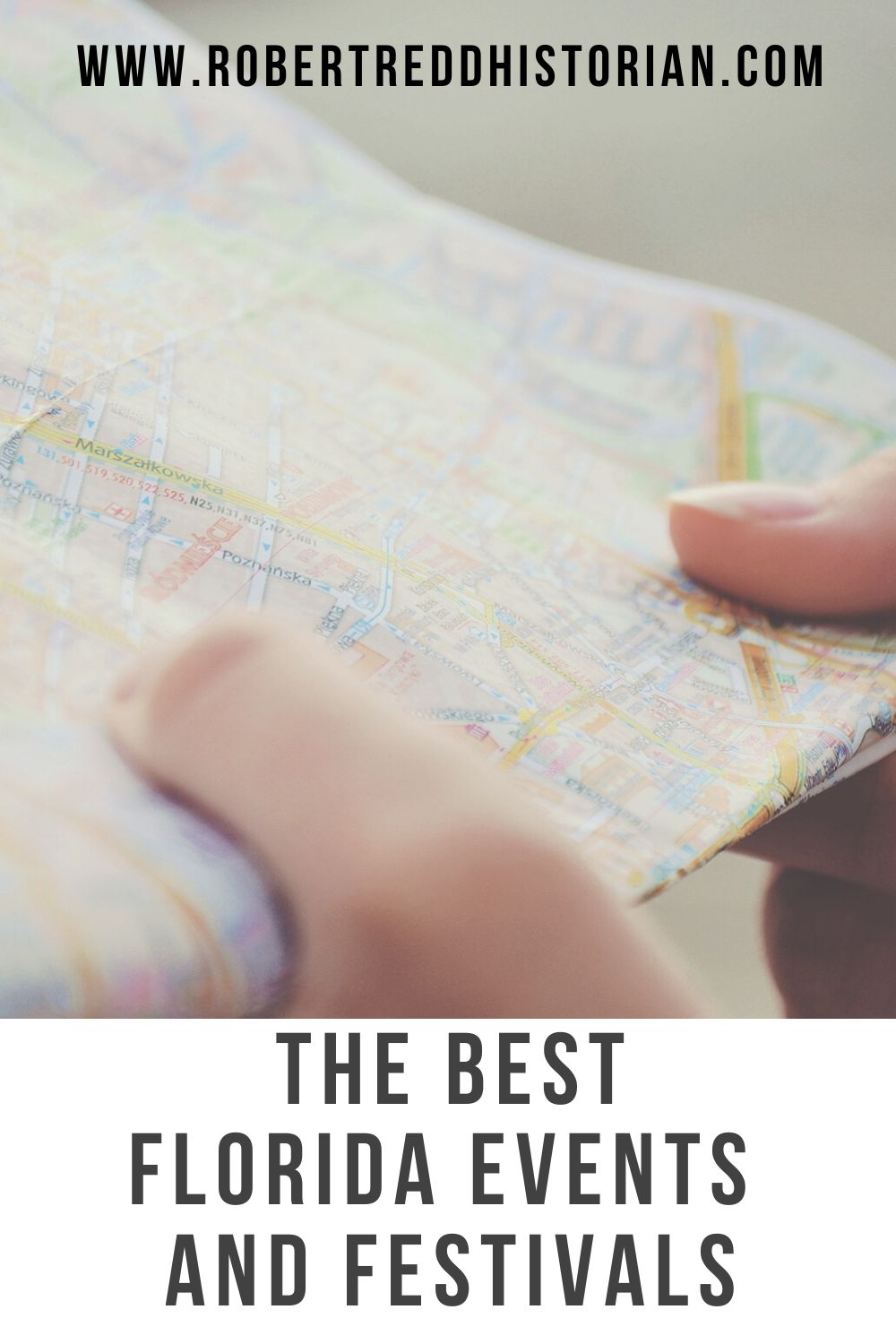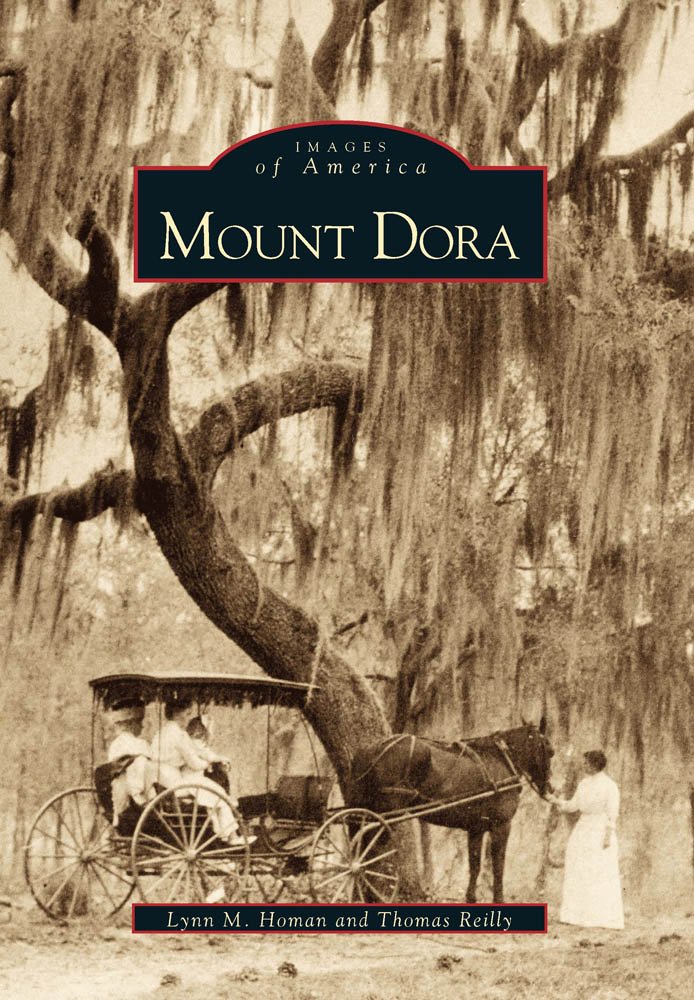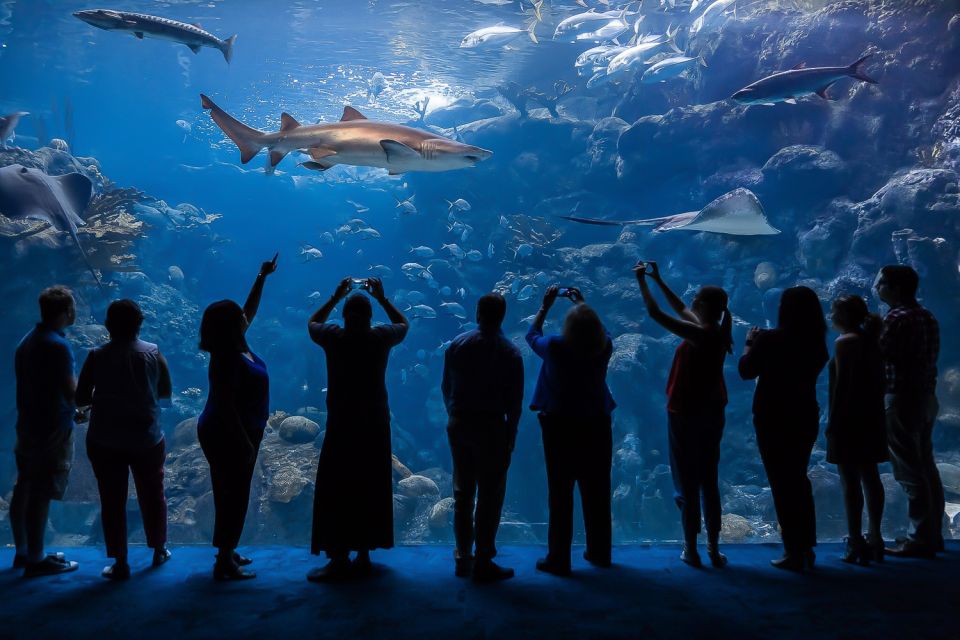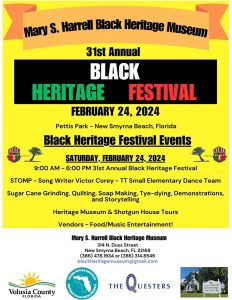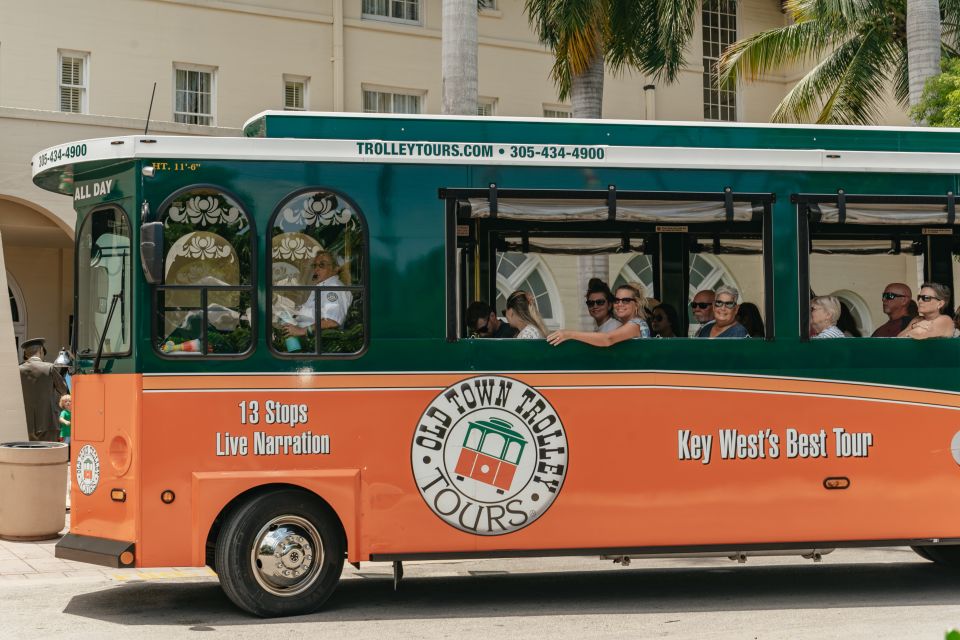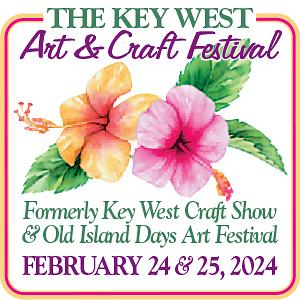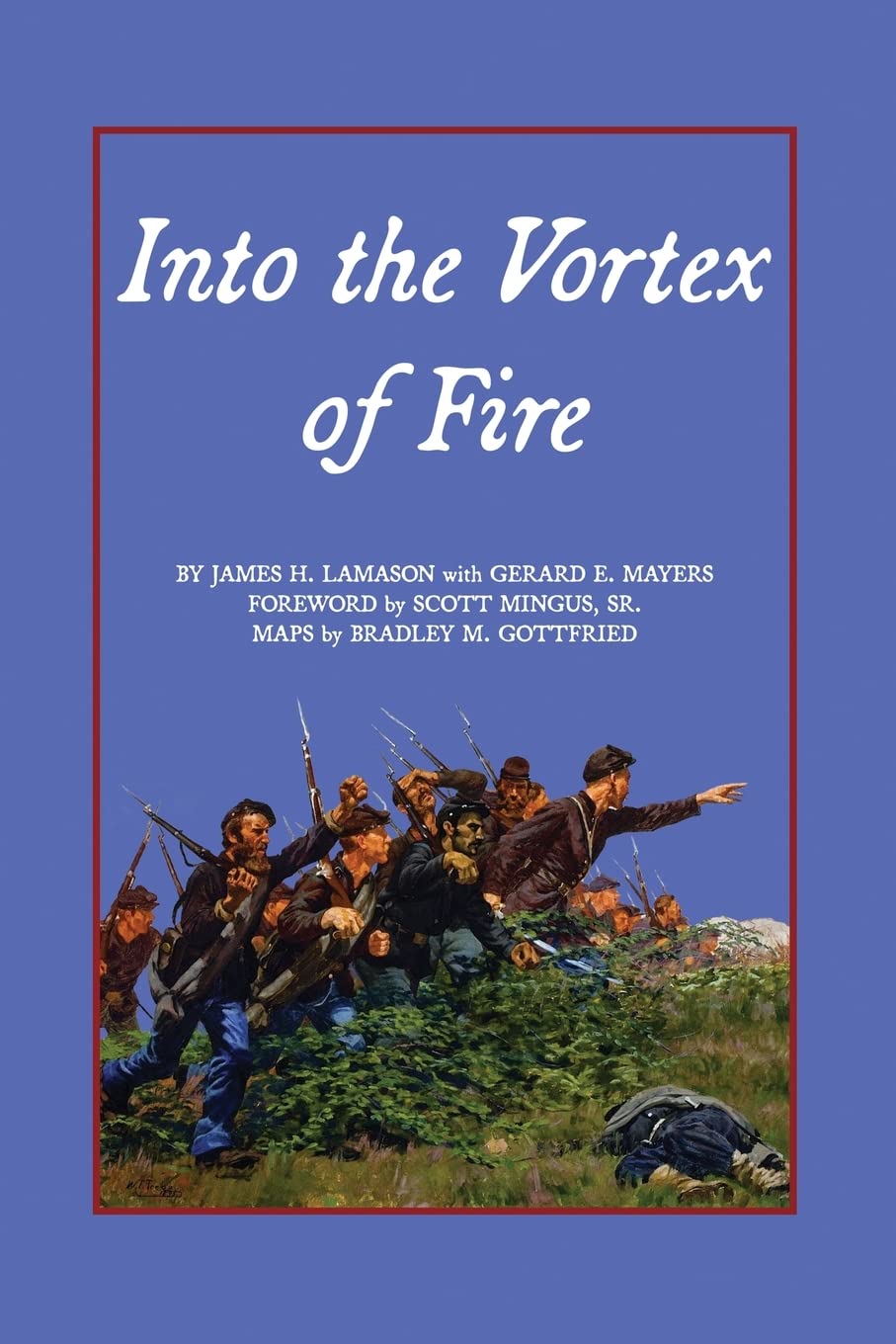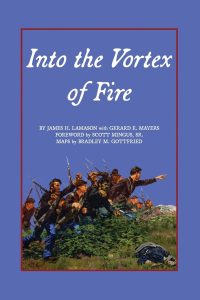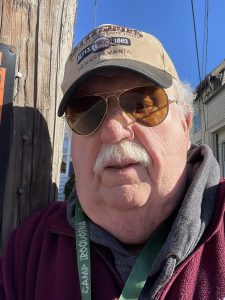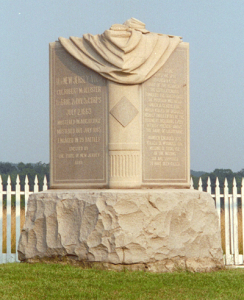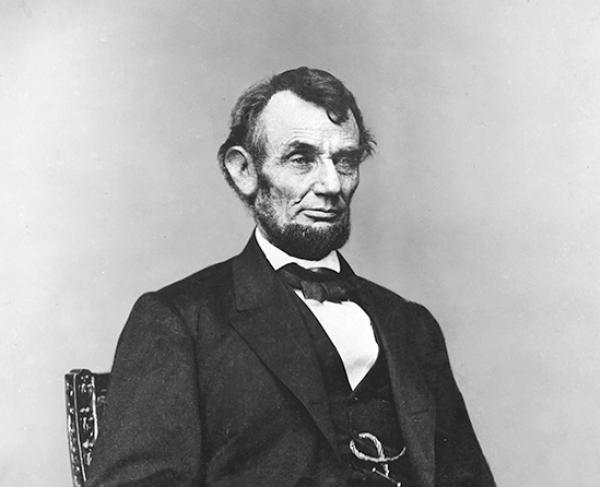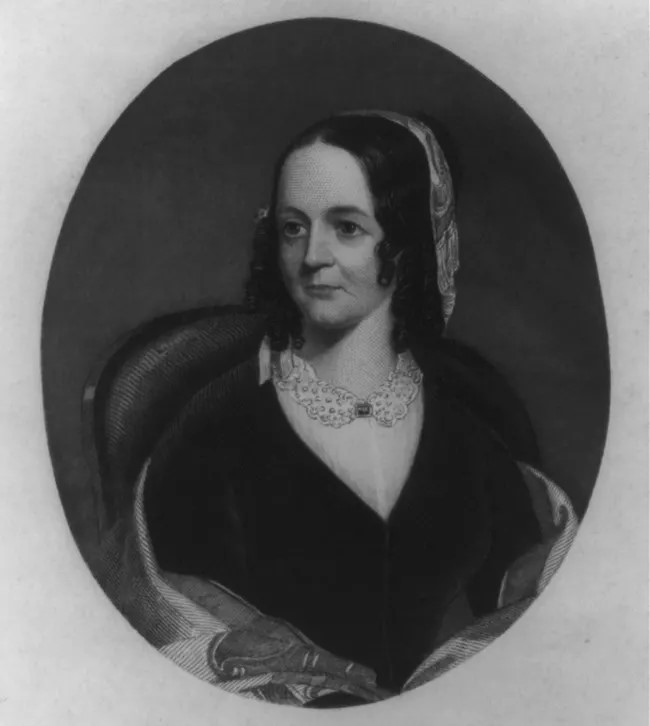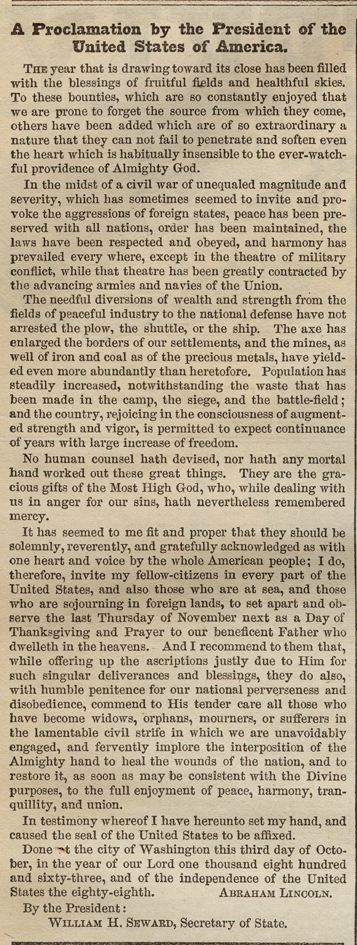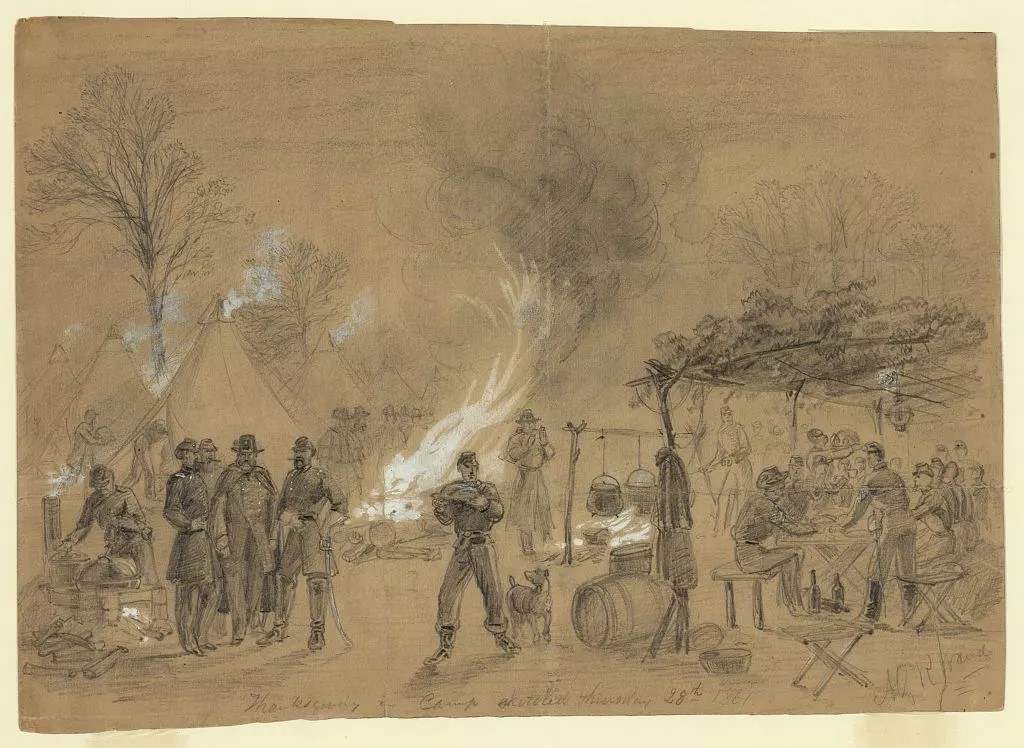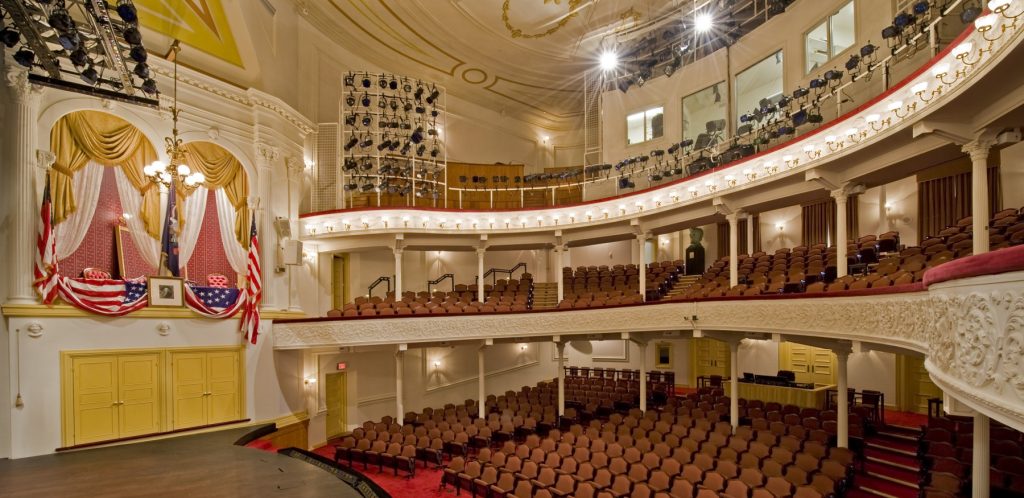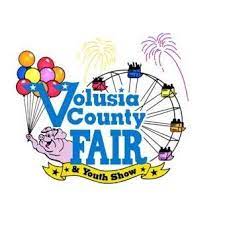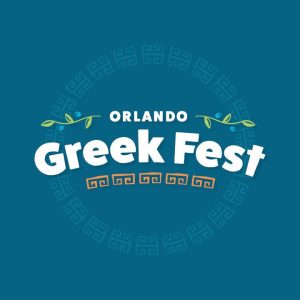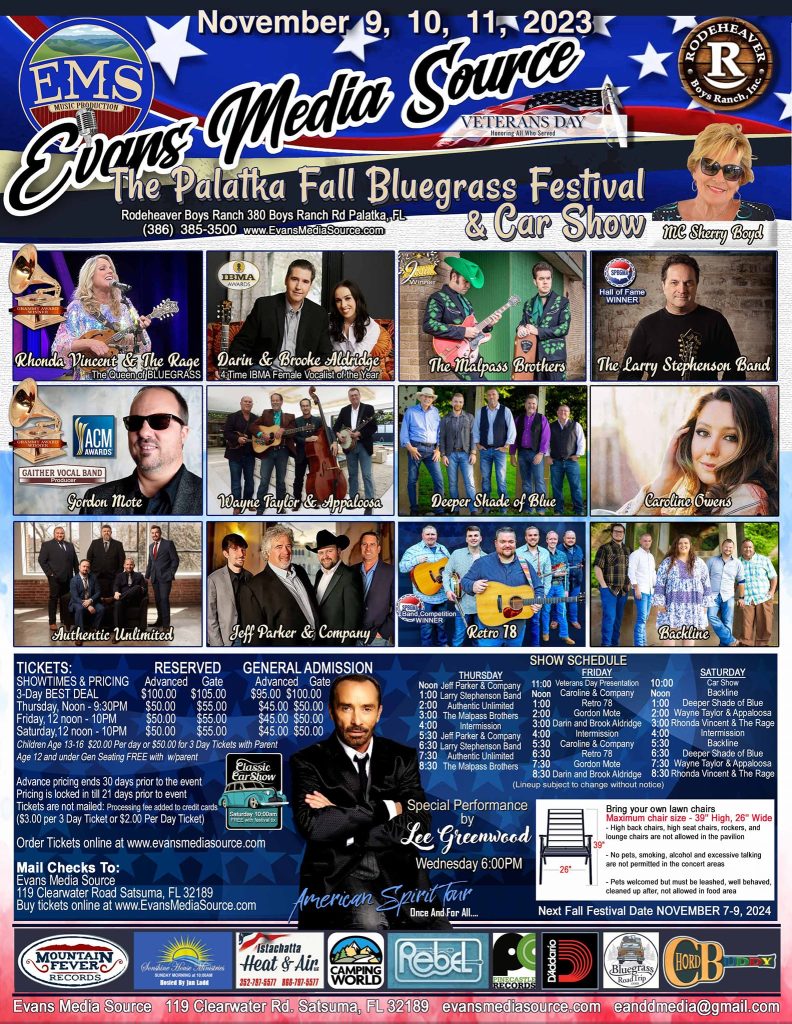Nocoroco Florida Historic Marker
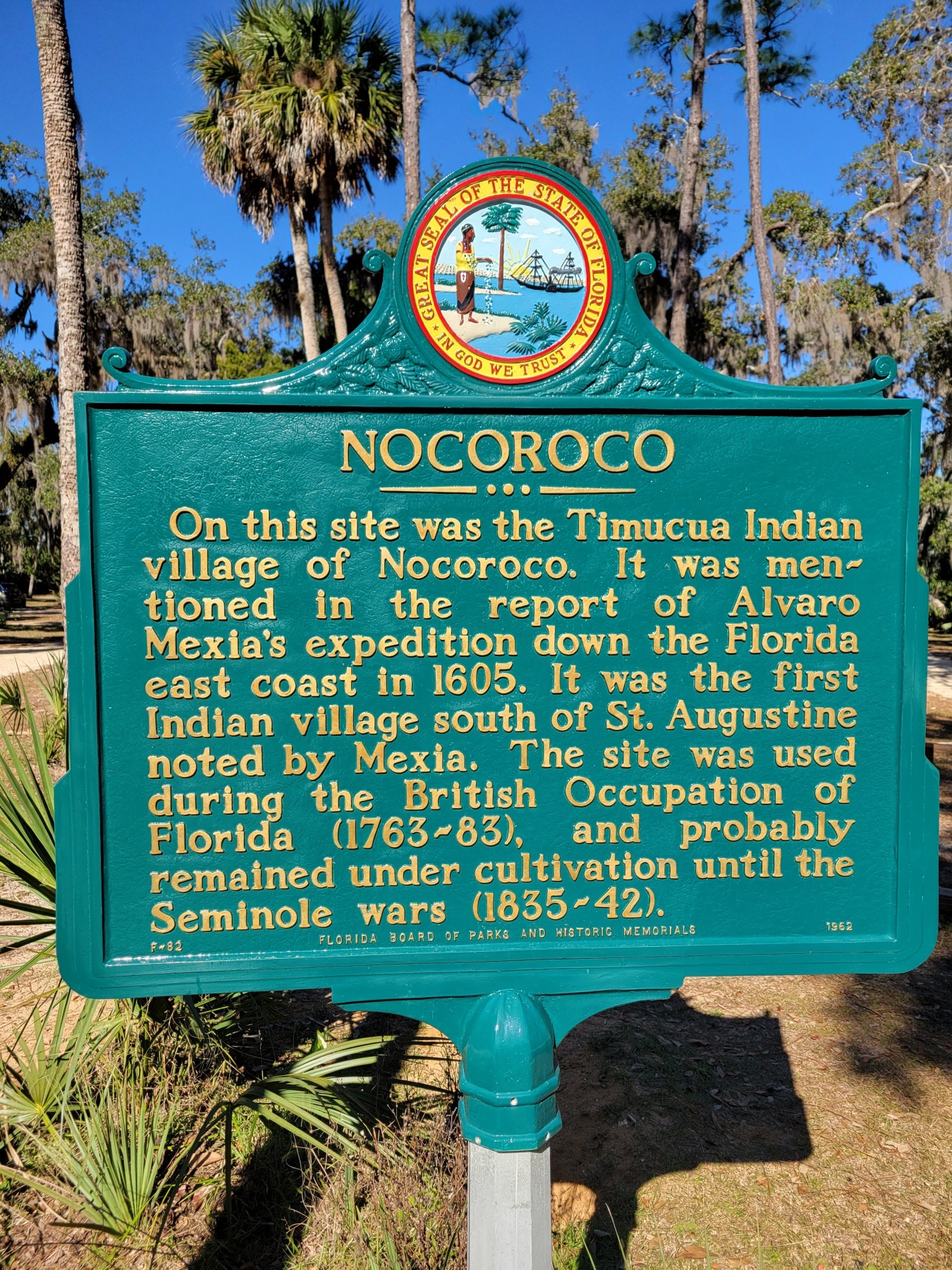
Thank you for taking time to visit this post on the Nocoroco Florida historic marker located at Tomoka State Park in Ormond Beach.
If you would like to read other posts on my blog about Florida historic markers, please CLICK HERE.
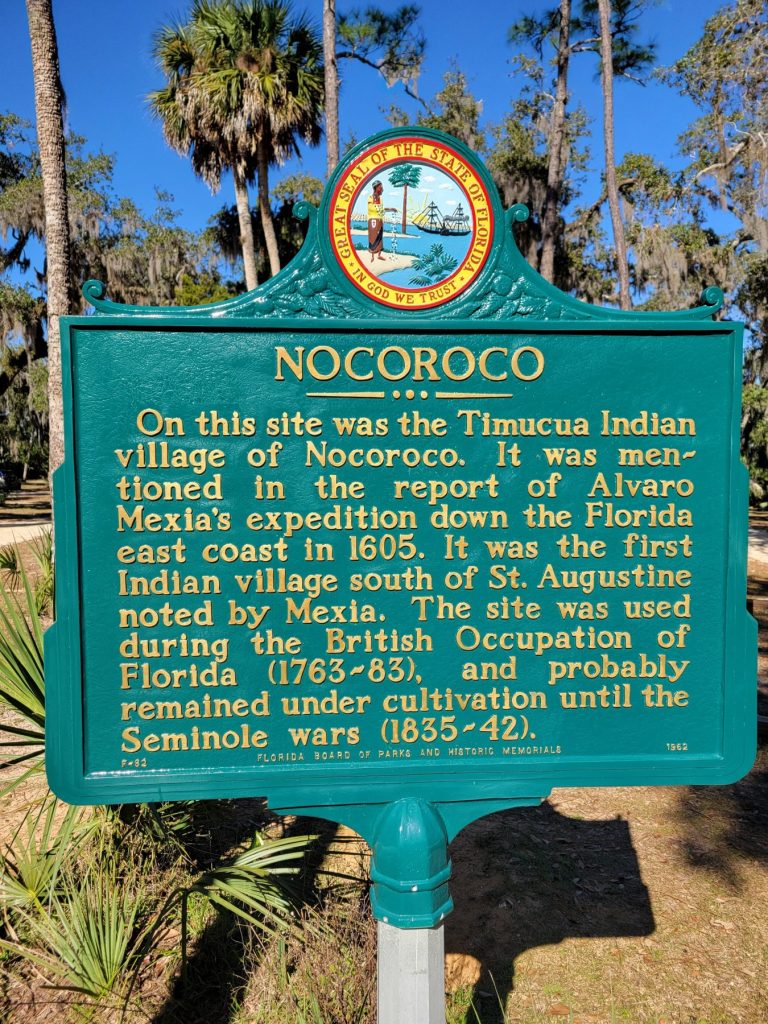 Text
Text
On this site was the Timucua Indian Village of Nocoroco. It was mentioned in the report of Alvaro Mexia’s expedition down the Florida east coast in 1605. It was the first Indian village south of St. Augustine noted by Mexia. The site was used during the British Occupation of Florida (1763-1783), and probably remained under cultivation until the Seminole Wars (1835-1842).
F-82
Florida Board of Parks and Historic Memorials 1962
The Seminole Wars (1835-1842) referenced in the marker also goes by the name, the “Second Seminole War.”
There are three distinct periods of time that claim the moniker of “Seminole War.”
The first is 1817-1818 and led to Spain ceding Florida to the United States.
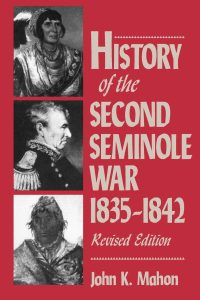 The second, referenced above, lasted from 1835 until 1842. Because of its length and bloodiness, some historians call the Second Seminole War, The Seminole War. At the conclusion of hostilities, the United States Army transported more than 4,000 Seminoles west. I refer readers to the excellent book written by John K. Mahon titled History of the Second Seminole War: 1835-1842.
The second, referenced above, lasted from 1835 until 1842. Because of its length and bloodiness, some historians call the Second Seminole War, The Seminole War. At the conclusion of hostilities, the United States Army transported more than 4,000 Seminoles west. I refer readers to the excellent book written by John K. Mahon titled History of the Second Seminole War: 1835-1842.
Historians often call the Third Seminole War, “The Florida War.” The Third Seminole War lasted from 1855-1858.
For readers seeking a good general history of the Seminole Wars, I recommend The Seminole Wars: America’s Longest Indian Conflict, written by John and Mary Lou Missall. This is a readable and digestible look at the conflicts and provides readers a gateway to more advanced works.
Park Admission Information
Tomoka State Park 2099 N. Beach Street Ormond Beach, FL 32174 Park Hours 8:00AM until Sundown 365 days per year Admission: $5 per vehicle (up to 8 passengers) $2 for pedestrians, bikes, extra passengers
For camping information or pavilion rental, please see the website for details.
Tomoka is a dog friendly park. Pets are permitted in designated areas and must be kept on a six foot leash. Please clean up after your pet.
The National Register of Historic Places recognized Tomoka State Park in 1973.
Chief Tomokie
No visit to Tomoka State Park is complete without a visit to The Legend of Chief Tomokie.
Chief Tomokie is a 45 foot tall monument created by artist and architect Fred Dana Marsh that was unveiled to the public on March 21, 1957. Marsh may be best known locally for having created the figures that adorn the Peabody Auditorium and for his home prior to his death, known as “The Battleship.”
Tomokie depicts a made up Native American legend, concocted by Doris Marie Mann Boyd. Oletta, the warrior princess, is shown aiming an arrow at Chief Tomokie who had dared to drink “the Water of Life from the Sacred Cup.” Tomokie in turn is threatening his assailants with a spear (that has long vanished from the monument.)
The reflecting pool area in front of the monument has been dry since 1974 according to Mark Lane. A museum featuring the work of Fred Dana Marsh opened at the park in 1961 but according to Lane closed in 1996. “The Battleship,” Marsh’s home, so nicknamed because neighbors felt it resembled a battleship when viewed from the road, was demolished with considerable controversy in 1996. The owners claimed the home beyond reasonable repair costs, but ultimately seem to have had no plan to build there and sold the property in multiple lots. Marsh’s home was located at 317 N. Ocean Shore Boulevard in Ormond Beach.
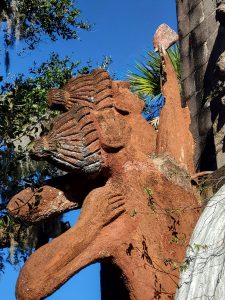 Tomokie Today
Tomokie Today
Today, The Legend of Chief Tomokie is in considerable disrepair despite several organized attempts to raise funds for restoration. Governor Jeb Bush vetoed state funding of $100,000 in 1999 despite local political support.
The monument, originally constructed from cement, brick dust, and bamboo rods, is still a favorite of visitors who marvel at the size and wonder if the legend could be true.
Artist Fred Dana Marsh was born April 6, 1872 and passed away on December 20, 1961.
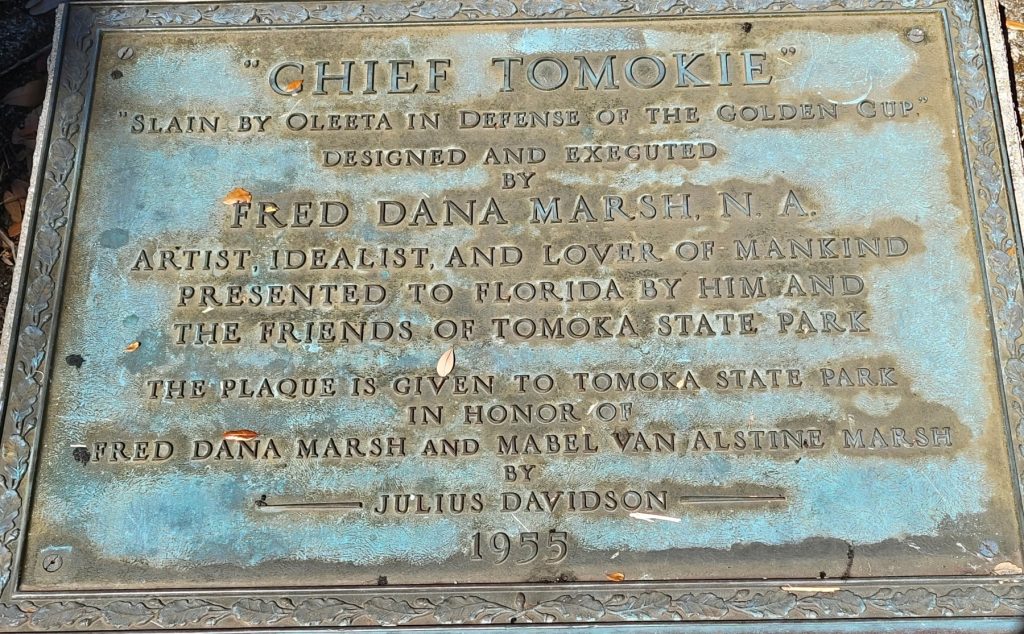
Find the 30 best things to do in Daytona Beach in my blog post HERE.
Sources
Davidson, Herbert, editorial. “The Meaning of a Statue.” Daytona Beach News Journal. March 23, 1957.
Egan, Bill. “Marsh’s Influence Still Lives in Work.” Daytona Beach News Journal. April 21, 1996.
Florida State Parks. “History.” Tomoka State Park.
“Fred Dana Marsh is Dead at 89.” Daytona Beach News Journal. December 21, 1961.
Gear, Barry. “Battleship Sails Into Memories, Onto Video.” Daytona Beach News Journal. May 20, 1996.
Griffin, John W. “Nocoroco, a Timucua Village of 1605.” Florida Historical Quarterly. Volume 27: No. 4. 1948.
Lane, Mark. “Curious Coast: What is that Statue at Tomoka State Park?” Daytona Beach News Journal. July 8, 2018.
This post may contain affiliate links. As an Amazon Associate, I earn from qualifying purchases. If you click these links and make a purchase, I may receive a small commission. This commission does not affect any price that you pay. Affiliate programs or sponsors providing products do not influence views and opinions provided in my blog.

Native American Art Magazine Subscription
from: Magazine Values


